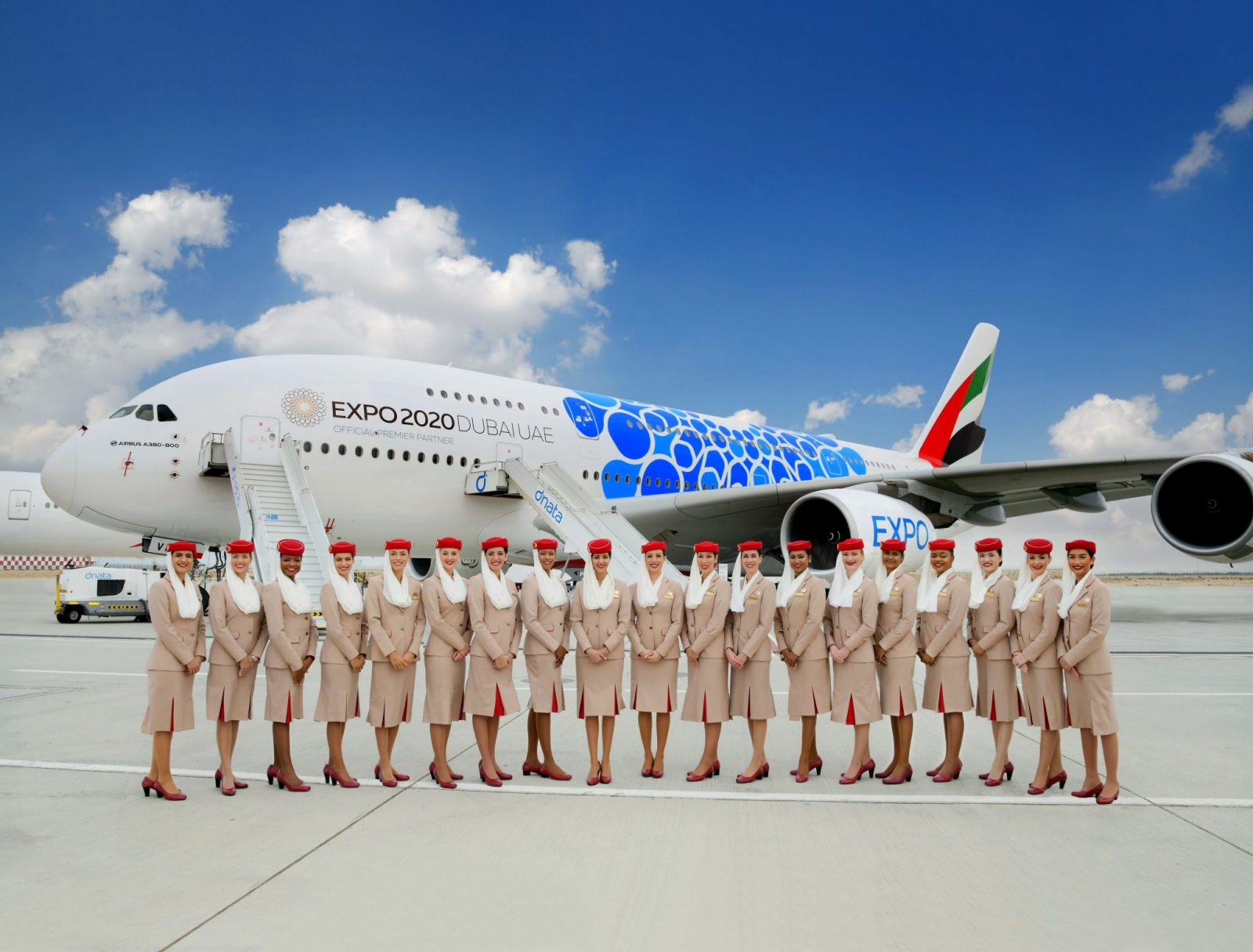
Hundreds of cabin crew at the Dubai-based Emirates may have lost hundreds of thousands of dollars in a Ponzi-style investment scam and now some of those crew have spoken about the devastating impact its had on their lives. The victims have decided to speak out as international accountancy firm KPMG starts the process of assessing claims – a process that the company has warned may take years.
It all started in 2015 when fraudsters created a fake investment firm known as UTM Online Services Ltd. Investors were promised returns of between 5 and 20 per cent when they opened an account with a deposit of at least $10,000 – many victims were initially buoyed when they started to see healthy returns paid into their accounts.

Those early successes caused talk of UTM and another firm known as Exential to spread amongst the Emirates cabin crew community. Flight attendants who were already ploughing their life savings into the investment sham would talk enthusiastically about the returns they were getting with their colleagues.
It wasn’t uncommon for several crew members on any given flight to be interested in getting involved.
What they didn’t realise, however, was that those initial returns was simply money from new investors.
“At the beginning, the company was paying out money, so it all seemed real,” explained Dejan Simic, a Serbian flight attendant at Emirates in comments to The National. Simic claims to have lost $130,000 overnight when the fraud was uncovered.
“I was travelling with work so much, saving was easy,” she said. “At one stage, on every flight five or six people would have accounts with either Exential or UTM encouraging others to invest.”
Simic says that when problems started with Exential, rather than asking questions, many crew simply tried to transfer their assets to UTM. Then UTM collapsed. “It sent me into a spiral of depression,” Simic says when she realised what had happened.
Another crew member, Dragan Kostic was convinced to pump his entire life savings – some $100,000 – into the scheme despite being warned against doing so by pilots and some colleagues. Again, Kostic says talk of UTM came about from “chit-chat” amongst crew during flights.
“Colleagues said they were earning serious money, so I was interested,” he says. “When the money was being paid out, no one listened to the warnings. We were all tempted, but like Exential, greed was the biggest issue.”
Kostic had hoped to use the returns to buy a house and support his young family. That money is now gone and he has no idea how much can be recovered or how long that process will take to complete.
David Standish, a partner at KPMG told The National that many of the companies behind the scams were British and that a lot of the stolen money ended up in Eastern Europe. KPMG is working with a specialist financial recovery business in an attempt to claw back as much money as possible.
Last year, a Dubai court handed Sydney Lemos a 500-year prison sentence for his part in the scam that is estimated to have cost victims $200 million. The court said Lemos should serve a year for every successful criminal complaint that had been made against him.
Mateusz Maszczynski honed his skills as an international flight attendant at the most prominent airline in the Middle East and has been flying ever since... most recently for a well known European airline. Matt is passionate about the aviation industry and has become an expert in passenger experience and human-centric stories. Always keeping an ear close to the ground, Matt's industry insights, analysis and news coverage is frequently relied upon by some of the biggest names in journalism.







